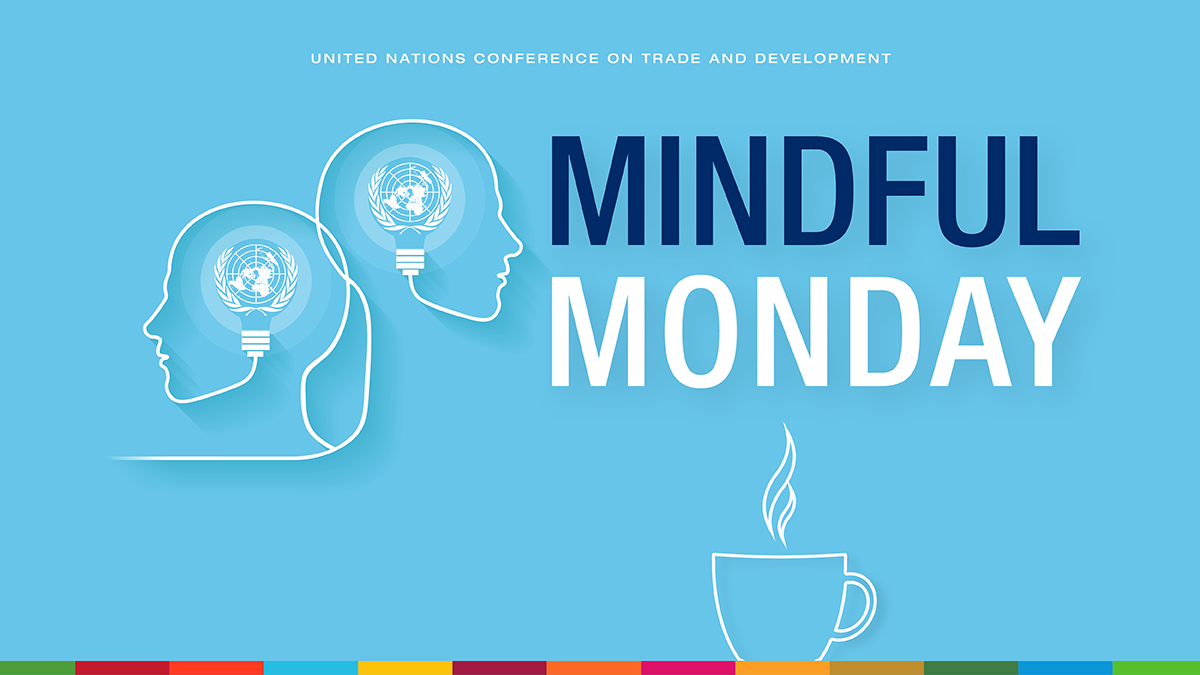By Isabelle Durant, Acting Secretary-General of UNCTAD

Allow me to reach out to you as we embark on a new and important week. Being conscious of the diverse scope you are covering here in Geneva, I wish to suggest a highlight of the week where my team will extract one main fact or figure of our current work. The objective is obviously not to be exhaustive, it is to offer you a bite-sized and focused piece of information, to give you a taste of what UNCTAD is currently cooking. For a more comprehensive picture of our work, you are invited to subscribe to our newsletter.
I hope you will appreciate the Mindful Mondays.
The UNCTAD's Business-to-Consumer (B2C) E-commerce Index 2020 scores 152 nations on their readiness for online shopping, worth an estimated $4.4 trillion globally in 2018, up 7% from the previous year.
Countries are scored on access to secure internet servers, reliability of postal services and infrastructure, and the portion of their population that uses the internet and has an account with a financial institution or a provider of mobile money services.
The 10 developing countries with the highest scores are all from Asia and classified as high-income or upper-middle-income economies.
At the other end of the spectrum, least developed countries occupy 18 of the bottom 20 positions. The COVID-19 pandemic has made it more urgent to ensure the countries trailing behind are able to catch up and strengthen their e-trade readiness. The index underscores the need for governments to do more to ensure more people can avail of e-commerce opportunities.
The two largest B2C e-commerce markets in the world, China and the United States, rank 55th and 12th respectively in the index. Although both countries lead in several absolute measures, they lag in relative comparisons.
For instance, internet penetration in the United States is lower than in any of the economies in the top 10, while China ranks 87th in the world on this indicator. As for online shopping penetration, the United States ranks 12th while China takes the 33rd slot.
For the first time, Switzerland leads the UNCTAD B2C E-commerce Index, just ahead of the Netherlands. The only non-European economies among the top 10 are Singapore, ranked fourth, and Hong Kong (China) in the 10th position.
Special focus on Latin America and the Caribbean
The 2020 index takes a closer look at the LAC region, which accounts for 9% of the world's population aged 15 and older and as much as 11% of the world's internet users. However, the region's share of global online shoppers was only 6% of the global total in 2019.
The UNCTAD report notes that five countries account for 92% of online shoppers in LAC, much higher than their share (72%) of the region's population. Postal unreliability is the region's biggest e-commerce infrastructural weakness, particularly in the Caribbean.
As seen globally, COVID-19 has boosted online shopping in the region. For example, 7.3 million Brazilians shopped online for the first time during the pandemic. In Argentina, the number of first-time online buyers during the pandemic was equivalent to 30% of the 2019 online shopping base.


